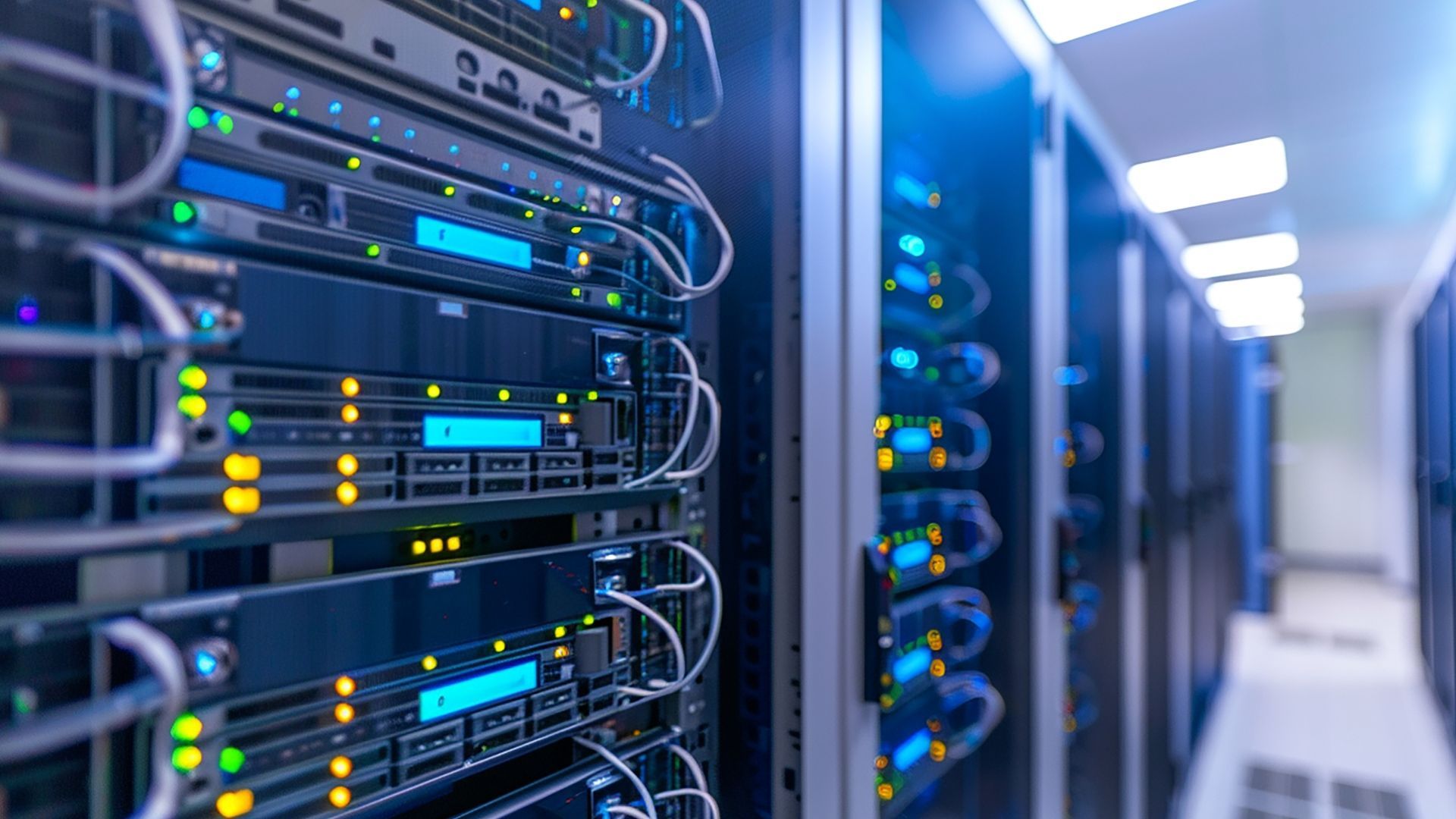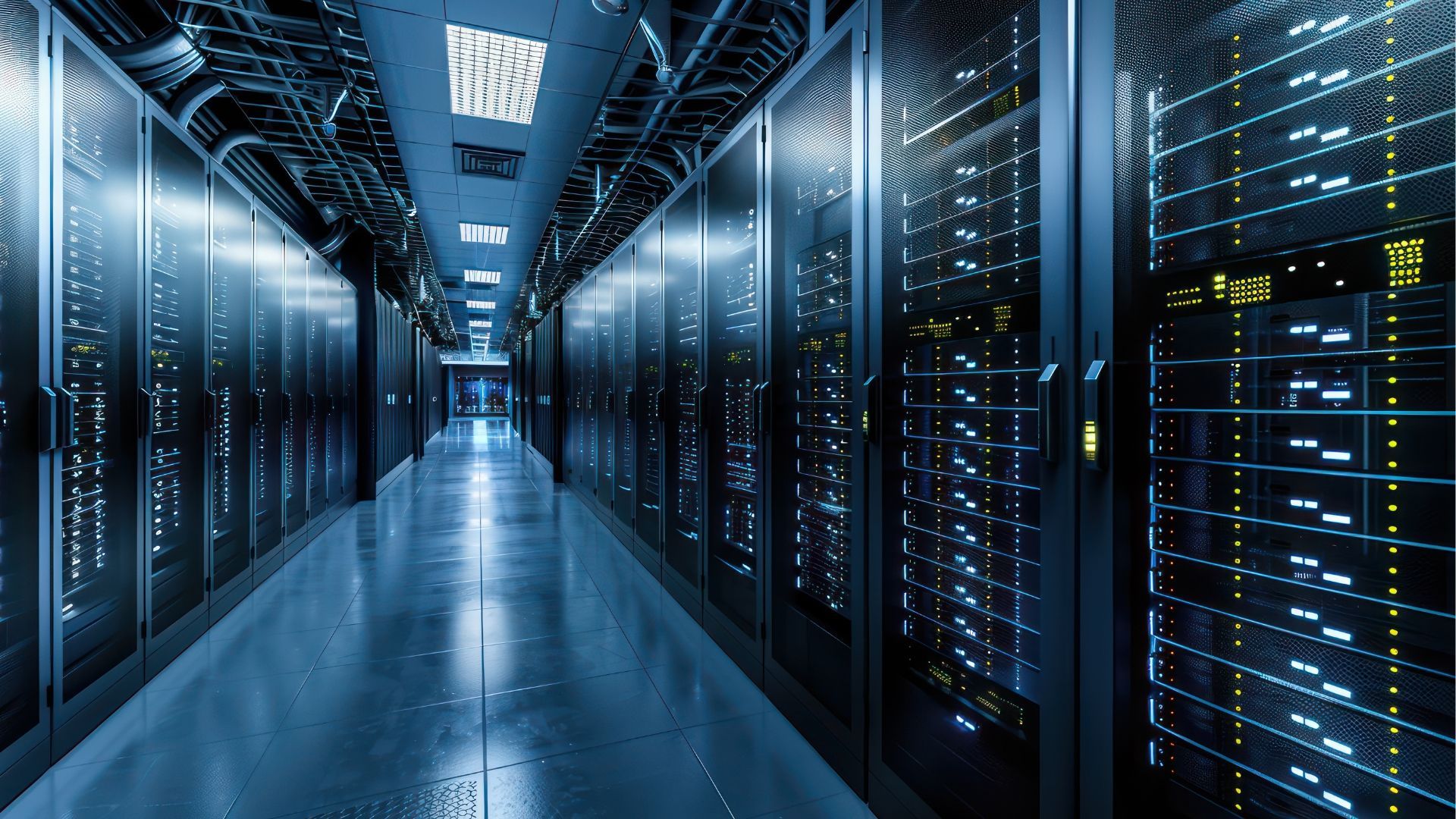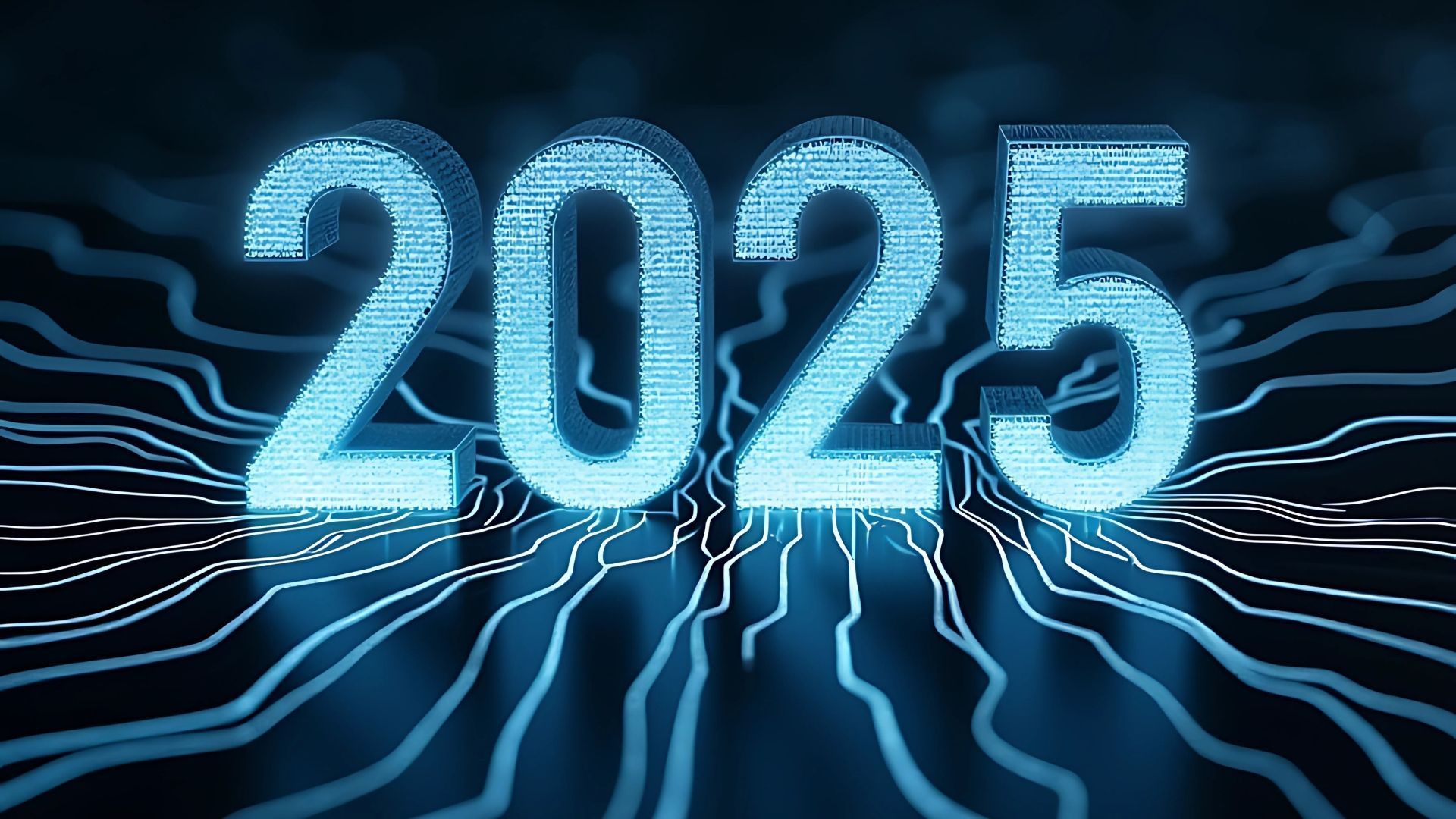Cloud computing and space travel: unlocking the final frontier
Cloud computing has had a huge impact on data and software accessibility in many industries. But can it be used in space travel? Find out in our article.
Here on Planet Earth, cloud computing has revolutionised the way we access and analyse data. Pretty much every industry has benefited in one way or another. We're living through a new era in which data and software can be accessed anywhere with an internet connection.
But how about space? Could new cloud technologies be harnessed to make space travel safer, more intelligent and more independent?
Well, it may surprise you to learn that things are already in motion. So far, experiments have mainly been carried out on satellites – but other spacecraft could benefit too.
Why do satellites need cloud technology?
One thing that all satellites share is a long development and production cycle. These are complex machines that can't easily be replaced – so they take years to design, build, test and finally launch.
Consequently, onboard computers tend to lag in quality behind what's available on terra firma. Cloud technologies could bring them slap bang into the 2020s.
Secondly, there's the issue of data collection. Satellites scour the skies for huge quantities of data – but, at present, it takes days for their findings to be analysed. If satellites used cloud-based machine learning, this marathon could become a sprint.
This isn't just good for our scientific understanding of space. It would also have tangible benefits for astronauts – who, let's face it, need all the help they can get.
What can cloud technology be used for in space?
The potential for cloud tech in space is vast – but before we run through its possible applications, let's take a look at what's already been achieved.
In August 2021, Hewlett Packard sent a computer to the International Space Station that was hooked up to Microsoft's Azure cloud.
The Spaceborne Computer-2 provides astronauts with terrestrial standards of computing power and speed – and has successfully sent data to Azure.
Then in late 2022, AWS broke new ground by sending computing and machine learning software to an orbiting satellite.
This 10-month experiment was carried out in collaboration with space logistics firm D-Orbit. The satellite was able to quickly analyse data and "downlink" the highlights.
If this became widely used, the process of sifting through space data would be radically shortened. What's more, the ML software was able to identify shapes – from clouds and wildfire smoke to buildings and ships down on Earth.
The director of AWS aerospace said: "As we look at the new missions in space, we’re going to be able to go out and repair satellites and operate from space stations which we could never do before. We’re also going to do asteroid mining and entertainment and tourism in space, which all require robotics, greater autonomy, more processing speed and more bandwidth."
As you can tell from AWS's to-do list, we're just scratching the interplanetary surface.
Another application has been tested by space tech startup LeoLabs. They used radars on Earth to predict collisions between satellites and rogue space objects. Without cloud technology, a prediction would take around eight hours – but with AWS's cloud resources, it takes a trifling 10 seconds.
This could make a massive improvement to threat detection in space. It would give ground control time to reroute satellites and avoid catastrophic collisions.
Microsoft and Nokia
It's not just Amazon that's looking to the stars. In September 2021,
Microsoft and Nokia announced that they were partnering with the South Australian Government on "pathfinder" projects relating to the potential applications of 5G for space technology.
The initiative, which is taking place at the Lot Fourteen innovation precinct in Adelaide, has been heralded by the pathfinders as providing "rich new communications and data capabilities", including the ability to "leverage satellite imagery, AI-infused analytics and 5G-connected edge processing".
Meanwhile in the Netherlands…
The European Space Agency (ESA) is an intergovernmental organisation that's been developing its space flight programme since 1975.
In early 2023, 12 teams of researchers met in Noordwijk, Netherlands to share their findings about the application of cloud technologies for satellites. The main question they sought to answer was how AI could be used to make satellites smarter.
And it seems there are plenty of ways. Smart satellites could, they say, improve disaster management on Earth. They could, for instance, detect methane leaks or study natural disasters from on high, feeding potentially life-saving data back to Earth.
They could make lunar exploration both more sustainable and more independent through the deployment of smart lunar rovers.
Finally, there are the economic benefits. Cloud tech is a nascent arm of Europe's space industry – but it could create jobs.
Where next?
The possible applications of cloud tech to space travel are numerous.
Perhaps the headline application is a faster flow of data between spacecraft and ground control. This could be data about space objects or about the spaceship itself. Ground control would have faster access to analytics relating to engineering, combustion and even water purity.
The ability to monitor spaceship performance via cloud computing would undoubtedly speed up data collection and analysis – but it could also help astronauts stay fit and healthy.
Astronauts are vulnerable to health risks, from space radiation to cabin fever. Cloud technologies could potentially spot and fix these issues before they got out of hand. Astronaut health could be monitored by biometric sensors and the data could be analysed in orbit or even in deep space.
3D printers are already being used in the production of rockets – but we may see them on board too. Spaceships could become a veritable showroom of fancy tech – from 3D printers to supercomputers to space GPS.
It's early days for cloud computing in space travel. But whatever happens next, we'll keep you posted.
Are you looking for a
cloud migration partner?
Get in touch for a free, no-obligation consultation.












